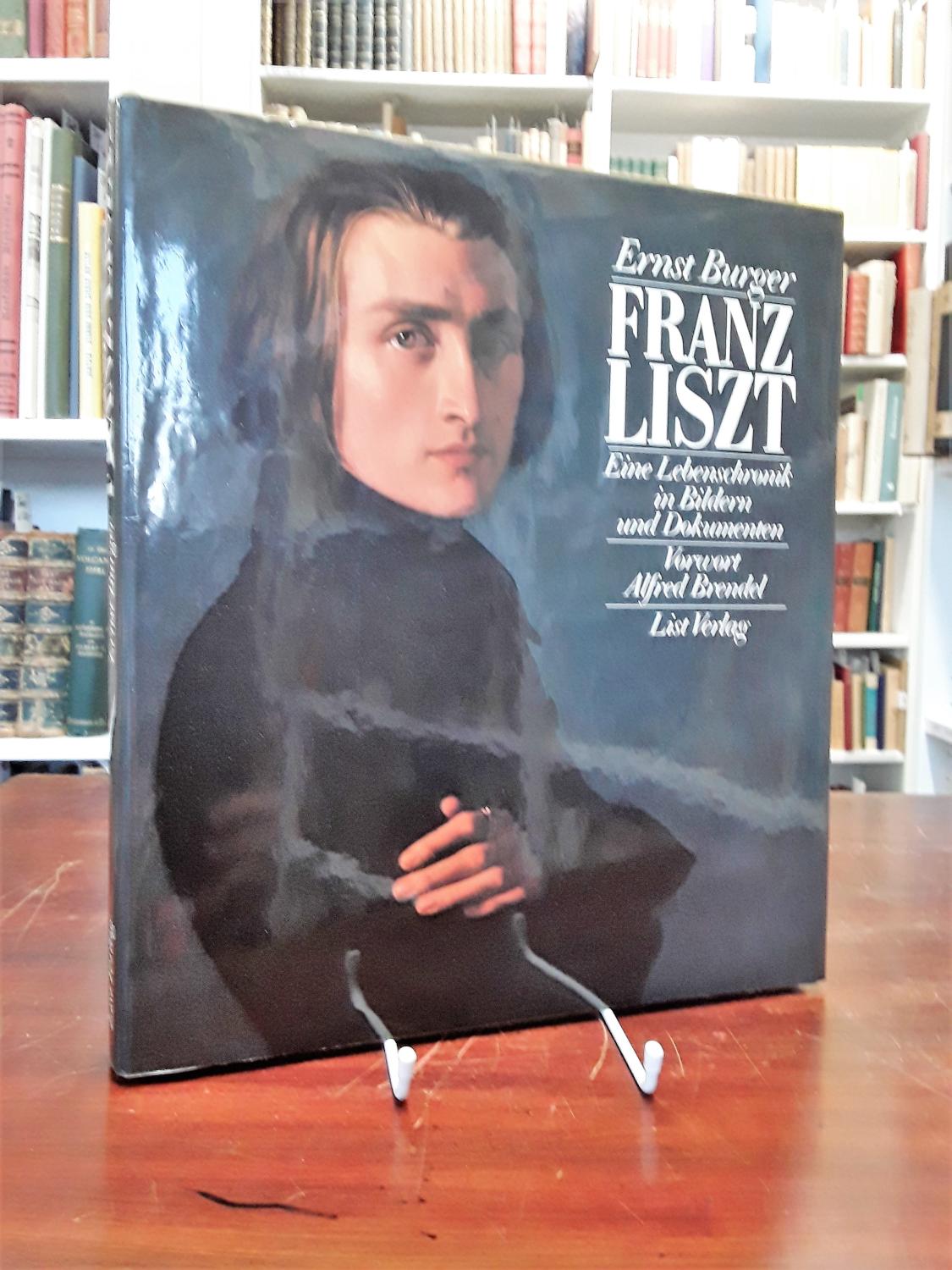

Tsar Nicholas of Russia was so worried about prestige that he thought he had to back Serbia, even if it meant war, because otherwise his own position would be under threat. Some decision makers had deeply personal reasons for going to war.Īustrian Chief of Staff Conrad von Hotzendorf dreamed that victory on the battlefield would allow him to win the hand of the married woman he had become utterly infatuated with. It was the decisions taken by the individuals in response to the assassination of Archduke Franz Ferdinand in Sarajevo that ignited the war, triggering a chain of alliances, which like NATO’s Clause V, were actually designed to prevent it. None of this however made war inevitable. Many old politicians thought that war was a purgative that would scour away these degenerate influences and force the people to return to old certainties: God, Emperor, tradition.įranz and his wife, Sophie, leave Sarajevo Town Hall on 28 June 1914, just minutes before their assassination. Socialism, feminism, modern art and music all shook traditional structures. Periodic wars would clean out the dead wood and even revitalise societies.ĭomestically, elites found themselves confronted with new challenges. It was the fastest way to spread the benefits of Christian civilisation. Misreading Darwin had convinced many that the strong and powerful should swallow the weak and disorganised.
FRANZ LIST INDUSTRIAL REVOLUTION FREE
By 1914 no corner of the globe was free from formal control or heavy influence from Europe or her former colonies like Argentina or the USA. Control over other peoples was normalised.

Military conquest had delivered vast empires to the European powers. Every state in Europe had been forged and sustained on the battlefield. War was regarded as a legitimate tool of statecraft. It was also regarded as natural and inevitable. A. Henty before joining Guards Regiments from St Petersburg to London.Įmperors and Kings often appeared in military uniforms. Child princes and grand dukes, strutted around in military uniforms, sons of the aristocracy read militaristic books like G. Traditional elites still saw themselves as a warrior caste. There were lots of forces driving Europe to war in 1914. They discuss the role that masculine insecurity played in the build up to the war and also examine the construct of and myths surrounding nationalistic feeling in the pre-war years. Margaret MacMillan talks to her nephew Dan about the road to 1914. Had the USA and the Soviet Union gone to war in the second half of the 20th century future historians, if there were any, would have wisely pointed out that war between these two super powers, with multiple points of friction, armed as never before with giant arsenals with dodgy command and control mechanisms, and deeply antagonistic world views was absolutely inevitable.

He is known as ‘the man who saved humanity.’ In 1983 Stanislav Petrov disobeyed strict protocols when he was on duty in the Soviet early warning command centre when the equipment told him the USA had just launched a nuclear strike and he rightly assumed it was a malfunction, so did not pass that information up the chain of command. The world was spared a catastrophic nuclear war because Kruschev backed down, and the Kennedy brothers were clever enough to ignore some of the advice coming their way and conceded on deployment of some of their ballistic missiles. The Cuban Missile Crisis is a good example of when choices mattered. Huge events, so the thinking goes, cannot just be the product of bad luck, a miscommunication, lost order, or individual judgement. There is a tendency to assume that an event this influential, this earth shatteringly destructive, must have been the product of deep structural forces which forced politicians and society into a war and which mere individual decision makers were powerless to resist. It left unstable, illegitimate or even criminal regimes which provoked further wars and instability. 100 years later violence in the Middle East and the Ukraine, and deep divisions across the Balkans, have important roots in what happened during and just after the conflict. The First World War was a cataclysm that blew apart the world order, wrecked the first great age of globalisation, destroyed or mortally wounded nearly all of the giant empires that governed most of the earth’s population.


 0 kommentar(er)
0 kommentar(er)
